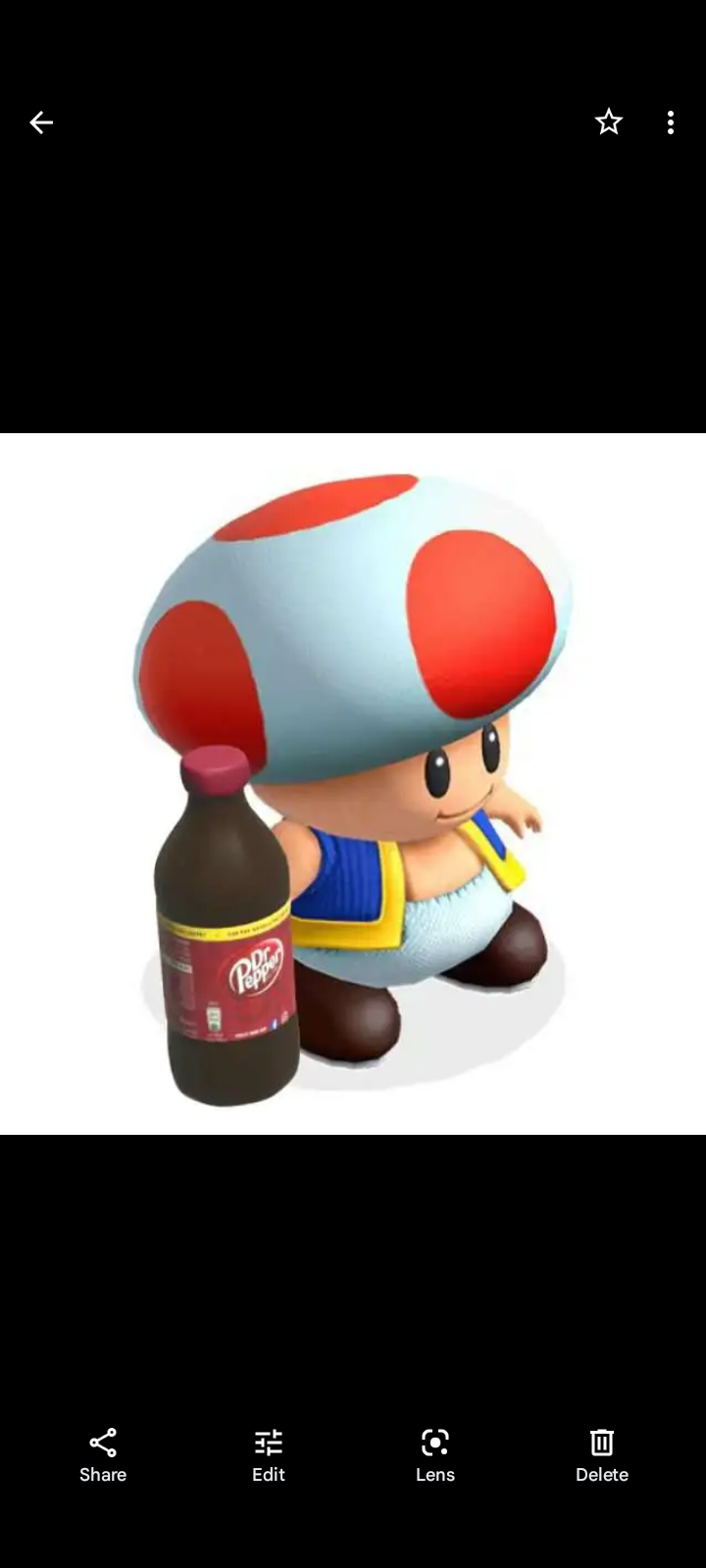Here’s a handy guide to SE:
1 liter = 10 deciliter
1 deciliter = 10 centiliter
1 centiliter = 10 milliliter
Base 10 vs base 2
I live in a country where these measurements aren’t used, so without any background knowledge I interpreted the comma as “and” at first. Looking at the picture, I’m pretty sure it’s meant to be “or” instead, in which case they should have used a slash instead of a comma imo.
I can actually feel my brain cells dying
This is very confusing. I assumed at first that a gallon was 4 quarts + 8 pints + 16 cups, a weird way to write 8 quarts… Because a quart in my interpretation is 2 pints + 4 cups = 8 cups. I mean the diagram does show the gallon containing all of them.
Metric is better by 1000.
Found the vegan!
I also use metric. I eat whale. Last time I checked, a 300g whale burger isn’t vegan, gun monkey!
More a case of like vegans metric users will always announce themselves.
You sicko! Are you a whale hunter or just a whale enjoyer? What does it taste like? I’m guessing sea pork.
Kind of like a cross between venison, lamb and herring. Very dark meat, very flavourful but not foul tasting like seal meat. Don’t get me wrong, it’s not as good as reindeer or moose, but it’s not bad.
Thanks for the description, so it’s basically its own complex flavor if it’s in between so many things. Never tried seal either, do they taste like they smell? Were do you even get to try all those things? Alaska? Or you travel?
Northern Norway
One kilo-better

But most actual cups are 200ml, whereas a pint is 470ml. So if you use a real cup as a measuring tool you are short on the pint.
A cup is 236 ml. I was always taught 240 ml but google converts to 236.
Thanks for proving how stupid of a measurement a “cup” is
I’m also confused by this 473 ml pint, is that some American thing? I always thought pints were 568 ml… as in pint of beer.
Imperial (used in the British Empire) vs US customary. The imperial fluid gallon (4.54609 L exactly) was never historically defined in terms of another unit while the US fluid gallon was defined as 231 cubic inches (3.785411784 L exactly). A pint is defined as 1/16 of a gallon in each system, but they can’t agree on how many ounces are in a pint (16 for US, 20 for imperial). Note that there are also imperial and US customary dry gallons and thus imperial and US customary dry pints…
That adds a hilarious new dimension to how shitty the Imperial system is because I had no idea that different countries would just define their own versions of the measurements.
Currently used definitions of the cup:
The US customary cup (236.6 mL) is 8 US customary fluid ounces. The US customary fluid ounce (29.6 mL) is 1/16 of a US fluid pint.
The US legal cup (240 mL) is 8 US nutritional fluid ounces. The US nutritional fluid ounce is 30 mL.
The metric cup is 250 mL
Historically used definitions of the cup:
Ths British cup (284.1 mL) is 10 imperial fluid ounces. The imperial fluid ounce (28.4 mL) is 1/20 of an imperial fluid pint
The Canadian cup (227.3 mL) is 8 imperial fluid ounces
Let’s just forget about the whole thing.
An American pint is 470 ml a British pint is 568 ml, and a french Canadian pint is 1136 ml.
Hell yeah Canada!! une pinte de bière s’il vous plaît !
There are 20 fl oz. to a pint
Instead of cups you should use half pints.
There are 8 pints to the gallon.
Unless you specify which pint, gallon then you’re probably wrong anywhere outside the US. Even then you could have to deal with vintage Canadian equipment with imperial labeling.
US Cups are random in measurement and only sometimes half a pint.
The imperial fluid oz. has one value 28.413 ml
The US fl. oz used to be 29.573 ml. But now can officially be 30 ml in some settings.
Metric is the best system, followed by imperial which at least is still a consistent standard.
Then US customary measures where the written value may or may not have to meet a standard these days.
The US has been using metric for everything important for a long time now like the rest of the world. Except the Mars probe NASA crashed.
Correction, NASA only uses metric. Lockheed Martin was contracted for some systems and that’s where the unit conversion problems came from.
Still partially NASA’s fault for not checking / enforcing units.
Thanks.
Important to put the blame where it actually lies.
Unless it’s butane. Butane is lighter fluid.
Butane’s a bastard gas
I’ll tell you what.
What would that be measured by?
It’s lighter so you can’t measure it
I feel like this may be a pun, but I feel like you can measure butane
It’s hits so weird because the joke is about mass and the picture is about volume.
It was a terrible pun. Butane is commonly used for lighters, as in for making fire.
Thanks, I’ll be here all week.
volume? at least here thats how its measured when you get that mixed 60/40% with propane (i think) for your car as LPG. but then its under pressure and due to that a liquid
Murica moment
PP









